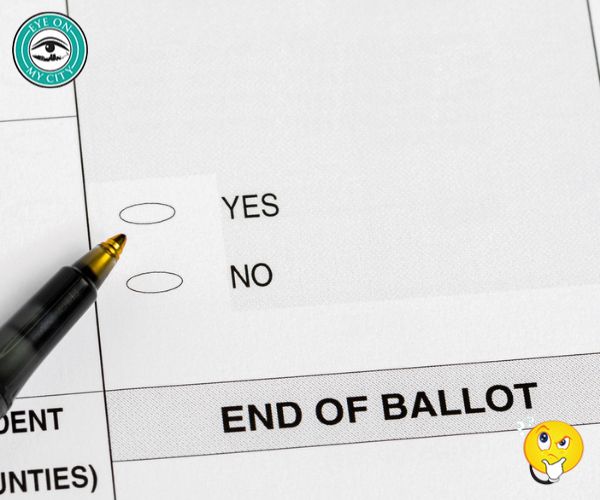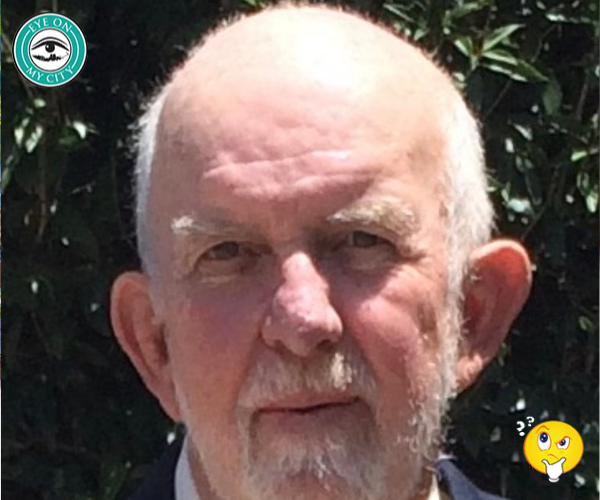Welcome to Patti Levine Brown as a contributor on Eye. We are pleased to have Patti join us due to her experience and expertise in the journalist world. She is a gifted researcher and writer and we look forward to enjoying her deep dives into issues. Enjoy below Patti’s first article on Eye. – Billie Tucker Volpe
On Nov. 5, voters will have an opportunity to cast their support or opposition for a constitutional amendment that would remove the option of public financing for statewide candidates who agree to spending limits.
If passed, Amendment 6 would repeal Article XI of the Florida Constitution, which allows for public financing for candidates seeking the office of governor and lieutenant governor, attorney general, chief financial officer, and commissioner of agriculture.
Florida is one of 12 states with a public campaign finance program. The program is funded by the General Revenue Fund. In 2022, the expenditure limit for gubernatorial candidates receiving public campaign financing was $30.29 million which divided out totals $2 per registered voter. The limit for cabinet candidates was $15.14 million which comes to $1 per registered voter.
Public campaign financing in Florida was originally approved in 1998 with the passing of Amendment 11. In 2010, the Florida Legislature referred Amendment 1 to the ballot that would have revoked the constitutional provision providing for public campaign financing. While the amendment received 52.49% of the vote in favor of repeal, it was defeated because constitutional amendments in Florida require a 60% supermajority vote to be adopted.
Those who support public campaign financing say that it provides voters with a larger pool of candidates for consideration as well as allowing candidates who have limited access to financing to seek office.
“Public financing enables candidates who are not wealthy, or who have more limited access to financing, to be able to run for office, leading to a more diverse pool of candidates,” said Lanelle Phillmon, president of the League of Women Voters Jacksonville First Coast. “The matching fund program gives small-dollar donors a greater voice and encourages candidates to seek support from broad groups of voters. Further, if the program is repealed, wealthy donors and special interest groups would no longer be limited in the amounts they can contribute to these candidates. “
State Rep. Anna Eskamani, D-Orlando, has challenged the passing of Amendment 6.
“The intention is, if you are running against an incumbent or someone of greater means, that you can leverage your small dollar support and maximize that by receiving public funds. Public money levels the political playing field.”
Those who support the passing of Amendment 6 include state Sen. Travis Hutson, R-St. Augustine. He said, “We’re putting it to the voters to make the decision on whether we should spend general revenue funds helping candidates run for office, or on other means that could help our constituents, said Hutson, “I think it’s absurd that anybody would be able to use taxpayer dollars for the purposes of campaigning. Those are dollars we could spend on things like education, things like healthcare, water projects, beach restoration, all of that stuff.”
To qualify for public campaign financing, candidates must agree to the following:
- Not be running unopposed.
- Agree to expenditure limits.
- Raise $150,000 (for gubernatorial candidates) or $100,000 (for cabinet candidates);
- Limit loans or contributions from the candidate’s personal funds to $25,000 and limit contributions from political parties to $250,000.
- Report campaign financing data to the division of elections.
- Submit to a post-election financial audit.
A “yes” vote on the amendment means you are in favor of repealing the state constitutional provision that provides for public financing of campaigns for those running for elective statewide office who agree to certain campaign spending limits.
A “no” vote means you are against repealing the constitutional provision that allows for the public financing of campaigns and support continuing to allow public campaign financing for statewide candidates who agree to certain spending limits.










